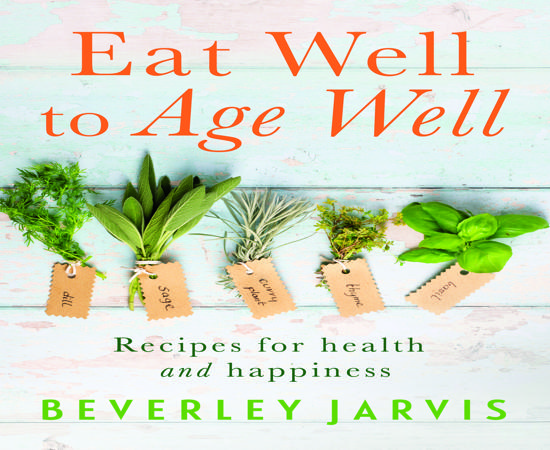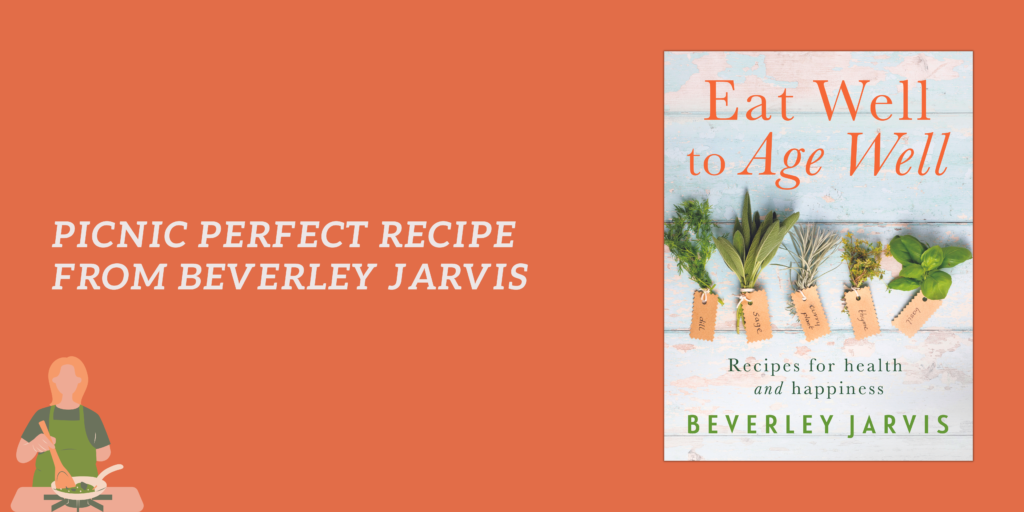Eat Well to Age Well: A Comprehensive Guide to Healthy Aging
As we age, it becomes increasingly important to prioritize our health and well-being. One key aspect of aging well is maintaining a healthy diet. In this article, we will explore the benefits of eating well for aging well, delve into the details of how your diet can impact the aging process, address common questions around this topic, and provide valuable insights to help you on your journey towards healthy aging.
Benefits of Eating Well to Age Well
When it comes to aging gracefully and maintaining optimal health, the old adage “you are what you eat” holds true. A nutrient-rich diet plays a crucial role in supporting overall health and well-being as we age. Here are some key benefits of eating well to age well:
1. Enhanced Immune Function
A balanced diet rich in vitamins, minerals, and antioxidants helps support a robust immune system, reducing the risk of infections and illnesses.
2. Improved Cognitive Function
Certain nutrients found in healthy foods, such as omega-3 fatty acids and antioxidants, are beneficial for brain health and cognitive function, helping to reduce the risk of cognitive decline.
3. Better Heart Health
A heart-healthy diet low in saturated fats and high in fiber, whole grains, and lean proteins can help lower the risk of heart disease and maintain cardiovascular health as you age.
4. Enhanced Energy Levels
A nutrient-dense diet provides the necessary fuel for your body, promoting sustained energy levels and vitality throughout the day.
5. Improved Overall Well-Being
Eating well can help maintain a healthy weight, enhance mood, and improve quality of life, contributing to a higher level of overall well-being as you age.
Detailed Explanation of the Role of Diet in Healthy Aging
Your dietary choices play a significant role in how you age. A diet that is high in fruits, vegetables, whole grains, lean proteins, and healthy fats can provide the essential nutrients your body needs to thrive as you grow older. These nutrients help combat inflammation, support cellular function, and protect against age-related diseases.
On the flip side, a diet high in processed foods, added sugars, and unhealthy fats can contribute to chronic inflammation, oxidative stress, and an increased risk of chronic conditions such as heart disease, diabetes, and cognitive decline.
By making conscious choices to prioritize whole, nutrient-dense foods, you can support your body’s natural aging process and promote longevity and vitality in the years to come.
Frequently Asked Questions
1. What are some key foods to include in a diet for healthy aging?
Key foods to include in a diet for healthy aging include fruits, vegetables, whole grains, lean proteins, nuts, seeds, and fatty fish rich in omega-3 fatty acids.
2. How does hydration impact the aging process?
Staying hydrated is essential for healthy aging as it helps maintain proper cellular function, supports digestion, and aids in the detoxification process.
3. Is it ever too late to start eating well for healthy aging?
It is never too late to adopt healthy eating habits. Making positive changes to your diet at any age can have a significant impact on your overall health and well-being.
4. Are there specific nutrients that are particularly important for healthy aging?
Yes, certain nutrients such as vitamin D, calcium, B vitamins, antioxidants, and omega-3 fatty acids are especially important for supporting healthy aging and maintaining optimal health.
5. How can I create a balanced meal plan for healthy aging?
To create a balanced meal plan for healthy aging, aim to include a variety of foods from all food groups, prioritize whole, unprocessed foods, and pay attention to portion sizes to meet your nutritional needs.
Conclusion
Embracing a diet that prioritizes whole, nutrient-dense foods is a powerful way to support healthy aging and enhance your quality of life as you grow older. By making informed food choices, you can nourish your body, protect against age-related diseases, and promote longevity and vitality well into your later years. Remember, eating well to age well is not just a mantra—it’s a lifestyle choice that can positively impact your


